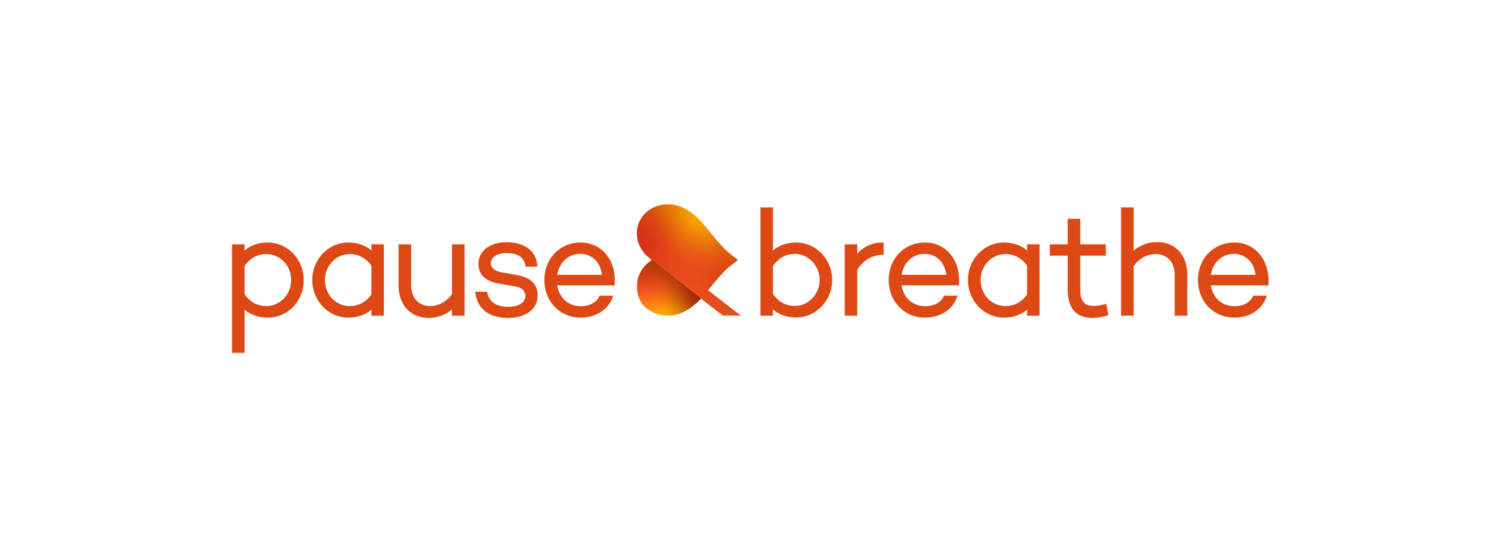Overcoming Anxiety: A Personal View
Those that can do, those that cant, teach!
Guest Blog by Christine Muirhead, former lecturer.
The Beginning
When Susie asked if anyone would write a blog for Pause & Breathe, I thought I might give it a go. But I dithered about, the usual niggling self-doubts popping into my anxious brain! Will anyone read it? If they do, will they think it’s boring? Why would anyone care what I think? However, I soon overcame that episode of self-doubt, because I counted down 54321 (more of that later!) emailed Susie and suggested I write about my experiences with managing anxiety.
Those of you who have met me as a Friday morning group participant, or as a tutor, will know that I have been terribly affected by anxiety. I still am, but to far less a degree. In this group, we have shared our experiences and that is the key for me. Sharing helps us know that we aren’t alone in our feelings. Sharing allows us to say what works for us and perhaps may work for others.
You may also be wondering, if I still get anxious, how on earth I think I can help others to cope with it! The difference here is, that even when I do get anxious, I know how to deal with it and it never stays around for long. Developing these skills has made a huge difference to my life and that’s why I am passionate about sharing them. Anxiety need not ruin your life; you just have to understand it! (NB, I don’t say I’m an anxious person but that I sometimes struggle with anxiety. We are not just our thoughts or feelings!)
Reframing
A coping method that works for me is ‘anxiety reframing.’ When feeling anxious about something, say meeting a bunch of new people, I tell myself I’m excited to meet them. I might need to do this several times. This works because if you think about it, anxiety and excitement produce the same responses in your body. The trick is to convince your brain you’re not anxious. The more you practice this the quicker you can switch off an anxious brain. The physical symptoms will still be there but they won’t escalate into panic. Eventually you really will be excited to speak up in a meeting or take that test!
There’s plenty of research around this method supporting its efficacy. For example, teens who were asked to keep saying to themselves that they were excited to sit their maths exam, did much better than the control group who said they were anxious. If only I had known this before I sat my driving test umpteen times!
54321
Anxiety also affected my life in that it caused me to procrastinate. I would put off doing things that were out of my comfort zone, or just plain had to be done but were not particularly pleasant. Thus, I’d miss great opportunities and just not do the unpleasant stuff! (Not a good idea if you need to do your tax return! Late fees, ouch!) But I found a solution.
Mel Robbins, psychologist, writer and motivational speaker has written books about anxiety and developed what she calls the ‘five second rule.’ She did this because she says her own anxiety was out of control.
Humans have a predisposition towards thinking and thoughts affect how we feel. We might set an alarm to get up early to exercise in the morning but hit snooze, we think ‘I’m too tired’ or ‘I don’t feel like it.’ Mel discovered counting backwards quickly from five interrupts that natural tendency to overthink and motives us to act. So, when I was deliberating about whether to write this blog, I remembered 54321 and here I am! I also use this method when I feel overwhelmed with the number of tasks I should complete. If catch myself stressing, I count 54321 and just make a start! This amazing trick also stopped me from pressing snooze. The alarm goes off, I count 54321 and get up. Simples! I’ve kicked that habit of snoozing (not good for the body or brain) or lying in bed getting anxious about whatever pops into my head that morning. Oh yes, its grim at first, if you are a snoozer! But keep at it, it’s worth it!
Now, I’m not saying we should always be rushing about doing things, nor stop to reflect before committing to a life changing decision! But why not have a go at these methods if you experience anxiety and it's negatively impacting on your life? You may be pleasantly surprised!
As to the title of this blog I say ‘those that can do and those that can, teach!’
Authors note, other methods of coping with anxiety are available! e.g. practicing mindfulness!
Christine is a retired Social Science lecturer who has worked at Forth Valley college and in the local community since 2001. During that time Christine was lucky enough to have the chance to teach well being skills to fellow staff and students. Christine has been a mindfulness practitioner and facilitator as well as hypnotherapist since 2005. Christine has realised the benefits of using these skills in her own life and is enthusiastic about sharing this knowledge with others. This led to her forming Vision Wellbeing following her retirement from college.





